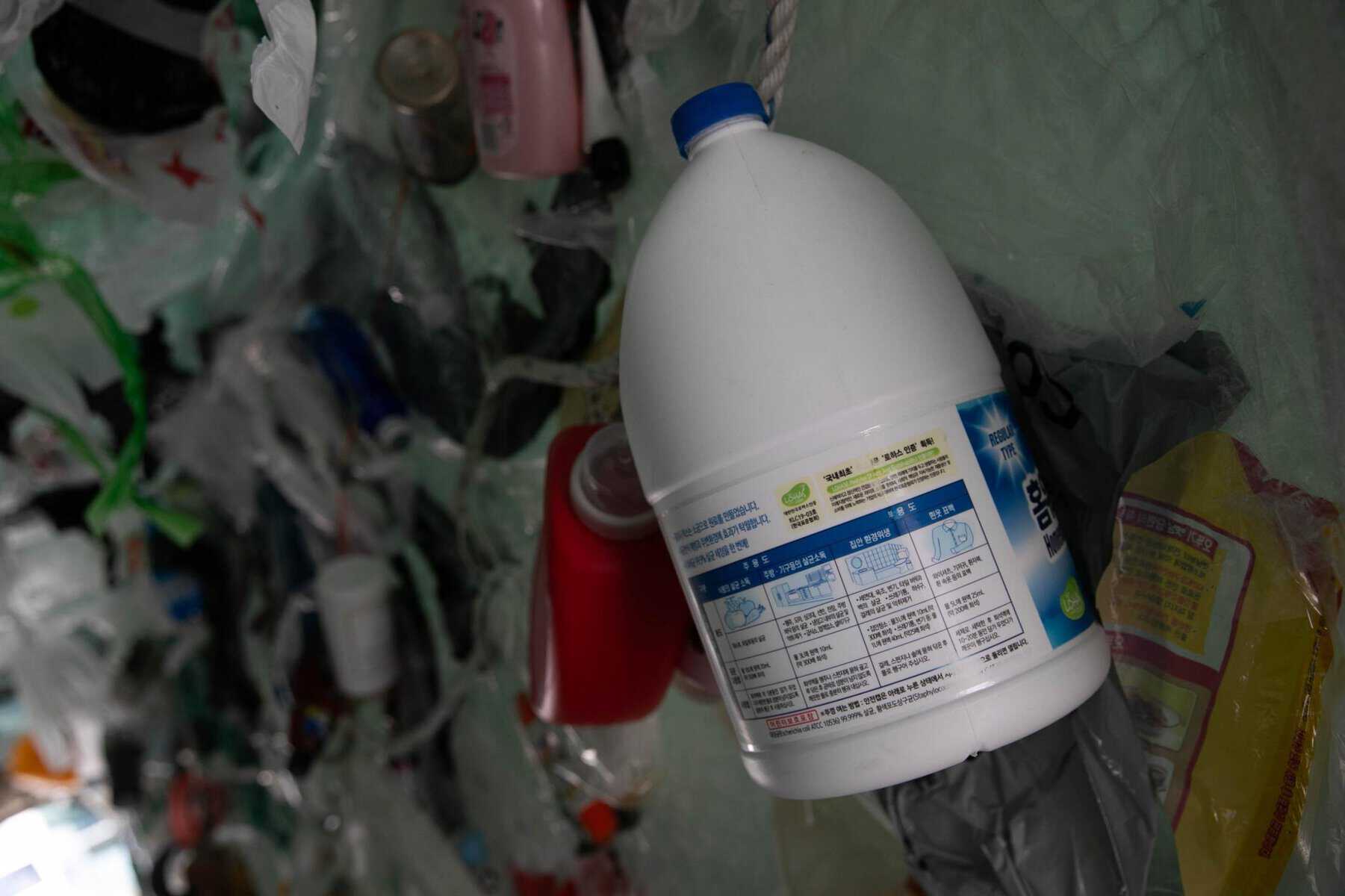Talks began in Busan, South Korea, on Monday aiming to clinch a legally binding deal on plastics pollution.
The meeting follows two years of intergovernmental negotiations to develop a legally binding global instrument that covers land and the marine environment – a blink of an eye in diplomatic circles, where multilateral deals can be decades in the making.
“Our world is drowning in plastic pollution. Every year, we produce 460 million tonnes of plastic, much of which is quickly thrown away,” said UN Secretary-General António Guterres via video message, as he urged delegates to push for a deal.
“By 2050, there could be more plastic than fish in the ocean. Microplastics in our bloodstreams are creating health problems we’re only just beginning to understand.”
Cautious optimism
Expressing hope for a potentially historic deal, UNEP Executive Director Inger Anderson insisted that it was “the moment of truth” to take action.
More than 170 countries and over 600 observer organisations have registered for one week of talks in the large port city of Busan.
Officially, the talks are known as the fifth Intergovernmental Negotiating Committee discussions (INC-5) to develop an international legally binding instrument on plastic pollution, including in the marine environment. The session follows four previous rounds which began exactly 1,000 days ago in Uruguay.
Scientists unite behind treaty
More than 900 independent scientists have signed a new declaration calling UN negotiators to agree on a comprehensive and ambitious global plastics treaty based on robust scientific evidence to end plastic pollution by 2040.
According to the Scientists’ Declaration the harm caused by plastic pollution cannot be prevented by improvements in waste management alone.
For the treaty to be effective, the declaration states that plastic pollution should be addressed via the waste hierarchy, prioritising reduction and time-bound elimination of primary plastic polymer production, redesign, reuse, refill, repair, repurpose and remanufacture, and safer and more sustainable waste management.
“A successful, effective, and comprehensive global plastics treaty depends on independent and robust scientific evidence, the lived expertise of frontline and fenceline communities, and the wisdom of Indigenous rights holders,” said Professor Trisia Farrelly, a Senior Scientist at Massey University and Cawthron Institute of New Zealand.
Pacific Small Island Developing States are disproportionately affected by transboundary plastic pollution and are calling for urgent action to remedy this issue, coupled with the means to do so, including financial resources says the Secretariat for the Pacific Regional Environment Program (SPREP). PSIDS are also calling for stronger legal obligations for the remediation of existing plastic pollution in the marine environment, including in areas beyond national jurisdiction.
